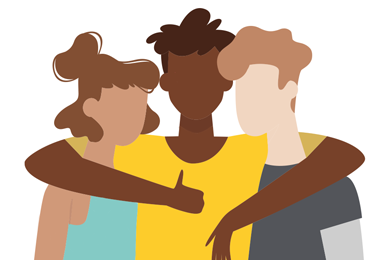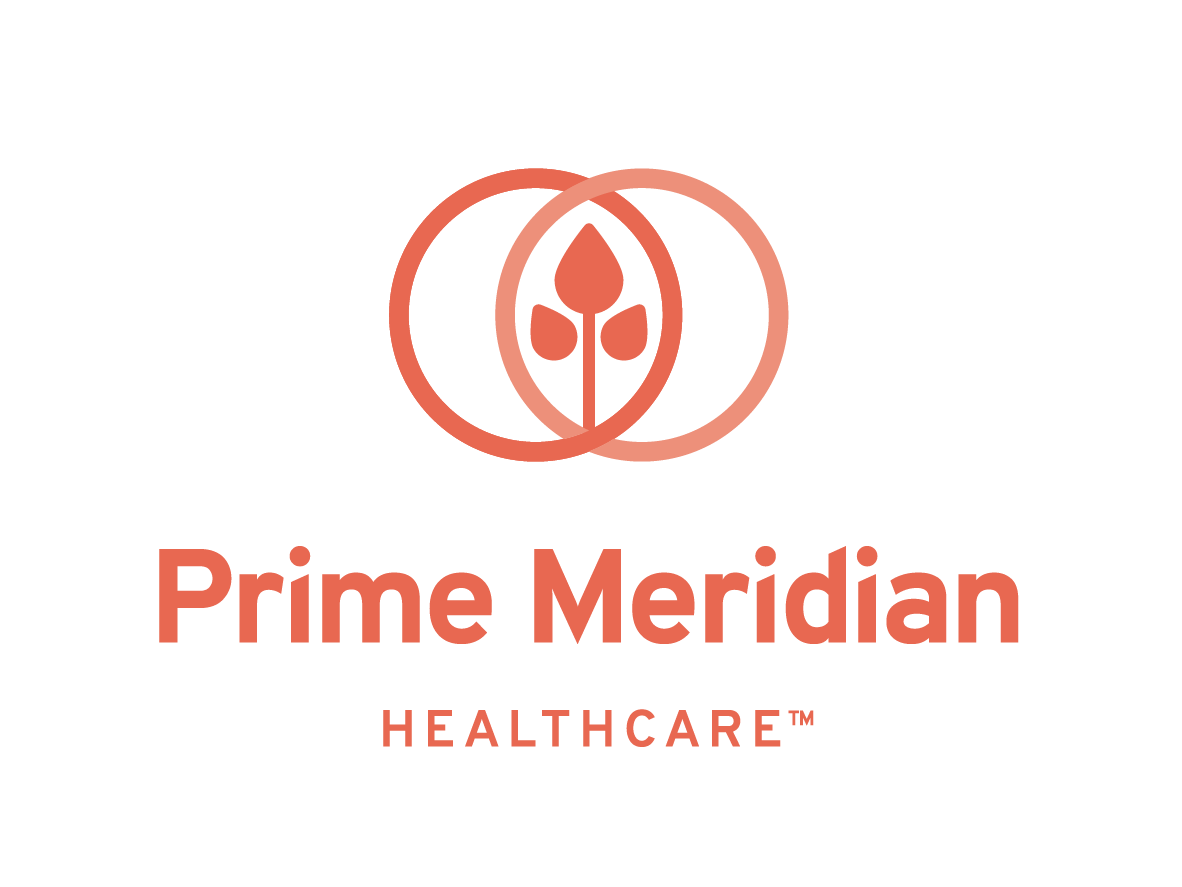January 21 – National Hugging Day
January 21st marks National Hugging Day, a celebration that began in Michigan in 1986 and now is celebrated in countries throughout the world. People tend to be in lower spirits between New Year’s and Valentine’s Day, and nothing raises spirits like hugging friends and loved ones. National Hugging Day encourages others to express affection outwardly. At Prime Meridian Healthcare, we emphasize the importance of healthy relationships (and frequent hugs) because physical touch is good for the body, mind, and soul.

The Science of Touch
Touch is one of the things that makes you human. Tactile communication is generally regarded as the first form of human communication, beginning in the womb and then remaining an important factor in human development throughout your lifespan. Touch is one of the primary ways humans communicate, and research shows that a simple touch effectively communicates multiple emotions (1). In fact, physical touch is such an effective communication tool that research has found it is effective in expressing emotions such as love, gratitude, and sympathy even between strangers (2). Touch can also induce physiological responses, activating the secretion of oxytocin (often referred to as the “love” or “hug” hormone) and even decreasing heart rate and blood pressure (3). Overall, giving and receiving regular physical touch is an important factor in overall well-being (4).
Relationships and Health
Regular touch is one of the hallmarks of healthy social relationships and having strong relationships is directly associated with better health and well-being (5, 6). A systematic review of 63 clinical trials found that the strength of social bonds was the most direct factor associated with mental health outcomes (7). Other studies have found that initiating contact with those in your social circle strengthens your own emotional resolve, decreases depression risk, and that those with close social connections generally have better lifestyle (dietary and exercise) habits (8, 9). Furthermore, analysis of one of the longest and largest investigations into chronic disease provided evidence that you will likely have better heart health, an easier time managing weight, and a longer lifespan if you prioritize relationships (10).
Embracing Well-Being
The human brain is designed to respond to physical input, particularly human touch. That hit of oxytocin makes you feel good in the moment, and promotes long-term benefits. A touch can be healing and help ease stress, as it slows secretion of cortisol and activates your parasympathetic nervous system (your “rest and digest” system), slowing your heart rate and lowering blood pressure (11). A simple touch can also:
Be Soothing.
Research suggests that touch signals to others that they can feel calm and safe, especially when it is a parent initiating contact with a child (12).
Protect Against Illness.
One study even found that receiving hugs might reduce your risk of becoming sick and decrease the severity of symptoms related to upper respiratory infections (15).
Reward the Giver and Reciever.
Providing touch to a loved one activates parts of the brain that are related to motivation (14).
Relieve Fears.
For those that are facing self-doubt, a simple hug can help relieve fear and promote confidence (13).
Well-being is holistic, encompassing more than what you eat and how you exercise. Take National Hugging Day as an opportunity to fully embrace health in a totally different way, by activating your parasympathetic nervous system and the motivation centers of your brain with a soothing, relieving, and protecting hug. To learn more about the importance of strong, mindful relationships, and how they impact your overall health, make an appointment with one of our Prime Meridian providers today.
References
1
Touch Communicates Emotions
Hertenstein M, et al.
4
Touch for Socioemotional and Physical Well-being
Field T.
7
Social Relationships in Physical Disability
Tough H., et al.
10
Social Integration and Reduced Risk of Coronary Heart Diease
Chang S., et al.
13
Embodied Terror Management
Koole S., et al.
2
Relationship Status and Communicating Emotions
Thompson E. and Hampton J.
5
Touch Increases Coupling Between Romantic Partners
Chatel-Goldman J., et al.
8
Helping Others Regulate Emotion Predicts Decreases Symptoms of Depression
Dore B., et al.
11
Huggable Communication Decreases Cortisol Levels
Sumioka H., et al.
14
Neural Correlates of Giving Support to a Loved One
Inagaki T. and Eisenberger N.
3
Self-Soothing Behaviors
Uvnas-Moberg, K, et al.
6
Affectionate Touch in Adulthood
Jakubiec B. and Feeney C.
9
Social Support and Diet Quality in Adults
Pieroth R., et al.
12
Tactile Intimacy and Managing Children’s Distress
Cekaite A. and Holm M.
15
Does Hugging Provide Stress-Buffering Social Support?
Cohen S., et al.


